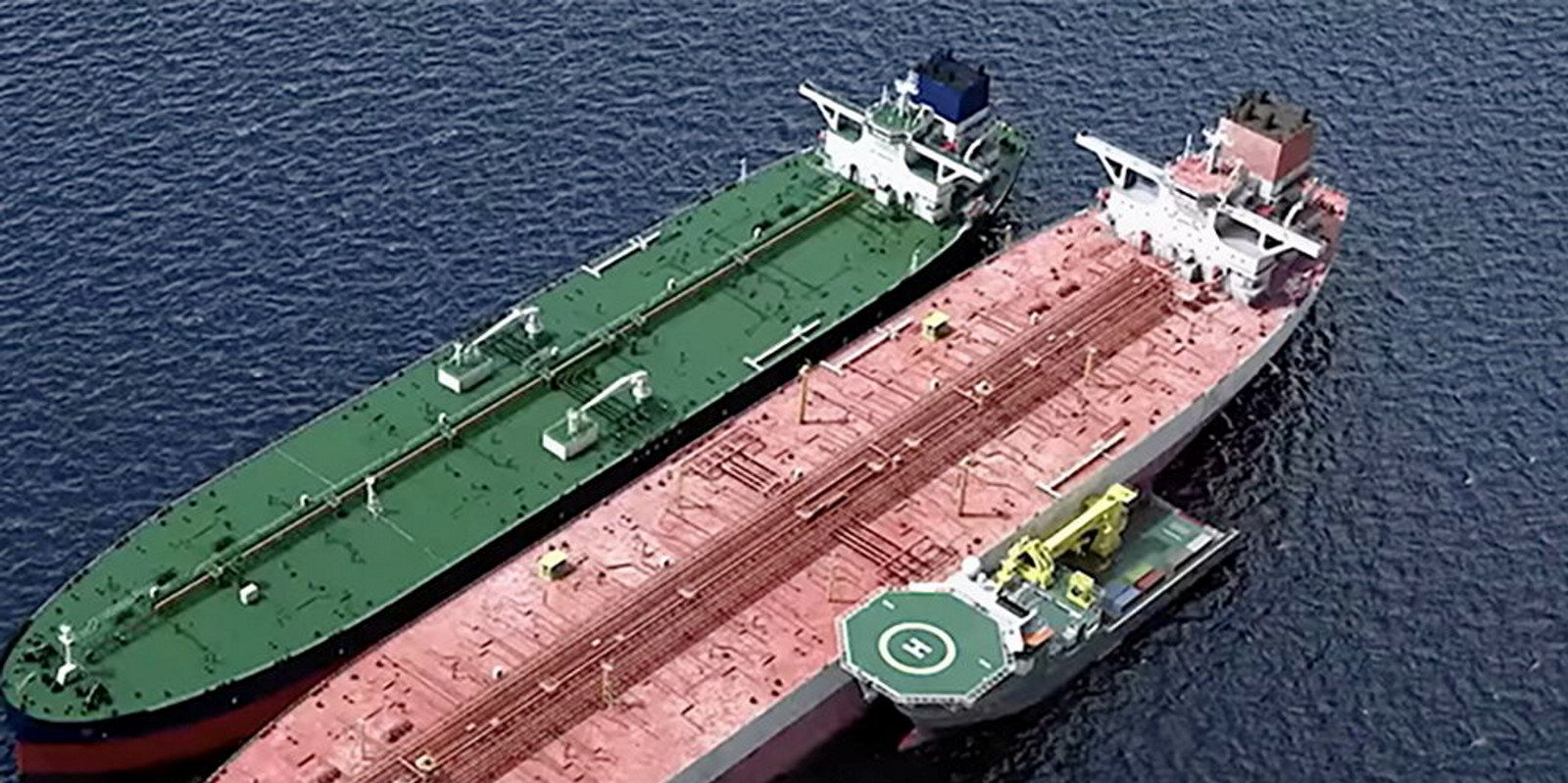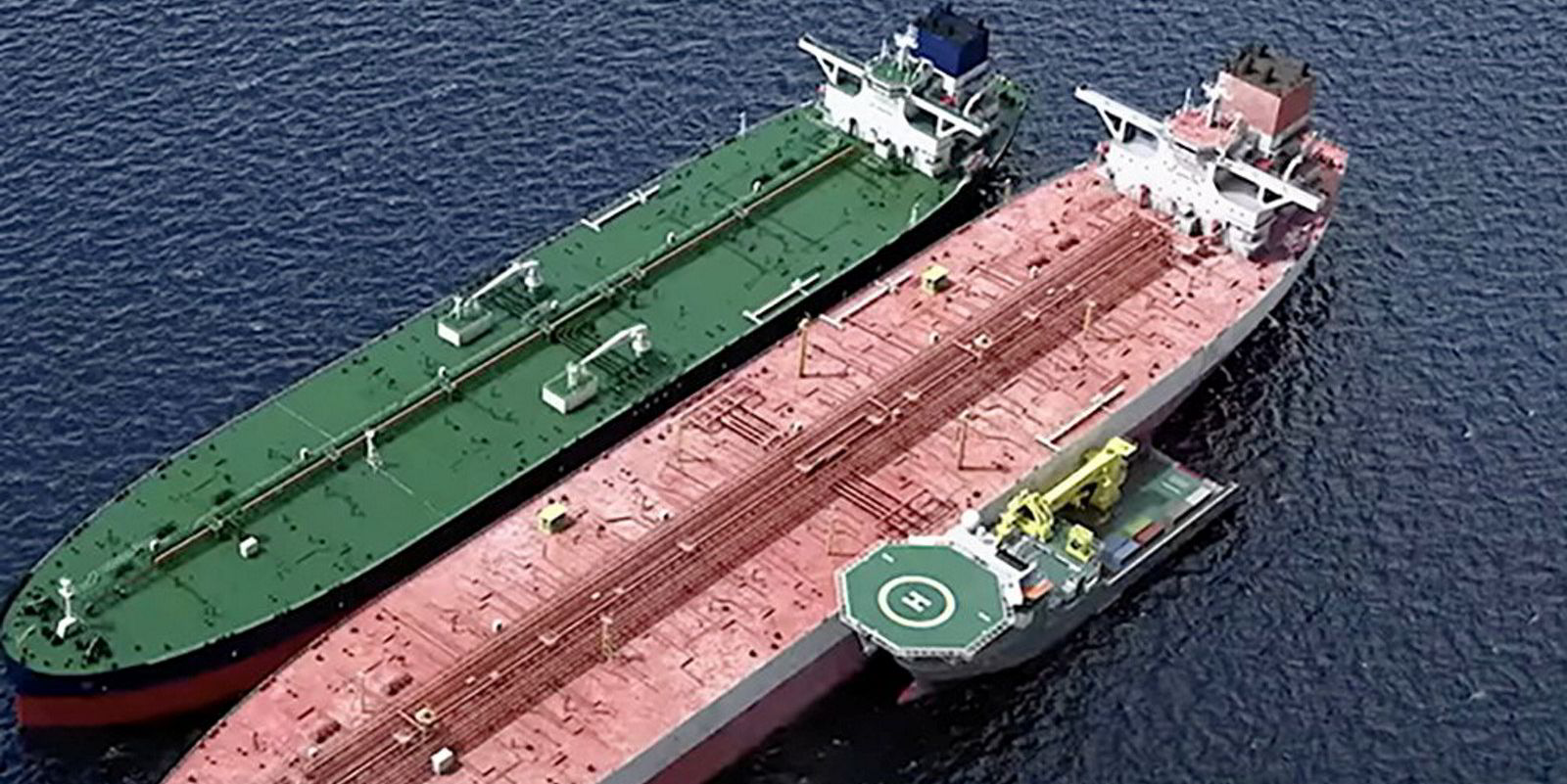A United Nations event to raise nearly $30m to unload and scrap a decaying tanker off Yemen’s coastline has fallen short of its target, putting the final stages of the operation in jeopardy.
An online fundraiser hosted by the UK and Dutch governments on Thursday raised $5.6m, taking the total raised beyond $100m, but still short of its $129m target.
Money was pledged by European countries, Egypt, South Korea and UK-based oil and gas company Octavia Energy, which operates in Yemen.
The operation to remove oil from the 406,600-dwt floating storage and offloading unit Safer (built 1976), scheduled to begin this month, will continue as planned, but work on a permanent mooring for its replacement and scrappage plans for the supertanker remain unfunded, said the UN Development Programme (UNDP).
The UN has warned that the Safer, with more than 1.1m barrels of oil on board, is at risk of breaking up or exploding at any time.
International donors have been slow in coming forward despite the estimated $20bn cost of any clean-up if a serious accident occurs. Disruption to shipping caused by any spill through the Bab al-Mandab strait to the Suez Canal could cost billions more from global trade losses, according to the UNDP.
“A window of opportunity is closing to prevent a potentially devastating catastrophe for the environment and millions of people, and save tens of billions of dollars in clean-up costs and trade losses,” the UNDP said.
The appeal secured enough money to allow the UNDP to buy the 307,300-dwt VLCC Nautica (built 2008) for $55m from Euronav, but rising asset prices meant the budget needed to be topped up.
The Nautica has been converted to an FSO at a yard in China and is nearing the Gulf of Aden en route to the region, according to Kpler tracking data.
The 99-loa Boskalis multipurpose support vessel Ndeavor (built 2013) that will oversee the operation left Rotterdam last month and is off the coast of Tunisia en route to Djibouti for final preparations.
UNDP administrator Achim Steiner said: “The funds are still significantly short of what is needed. The rationale for action is clear: $20m now could save $20bn in potential costs later.”




